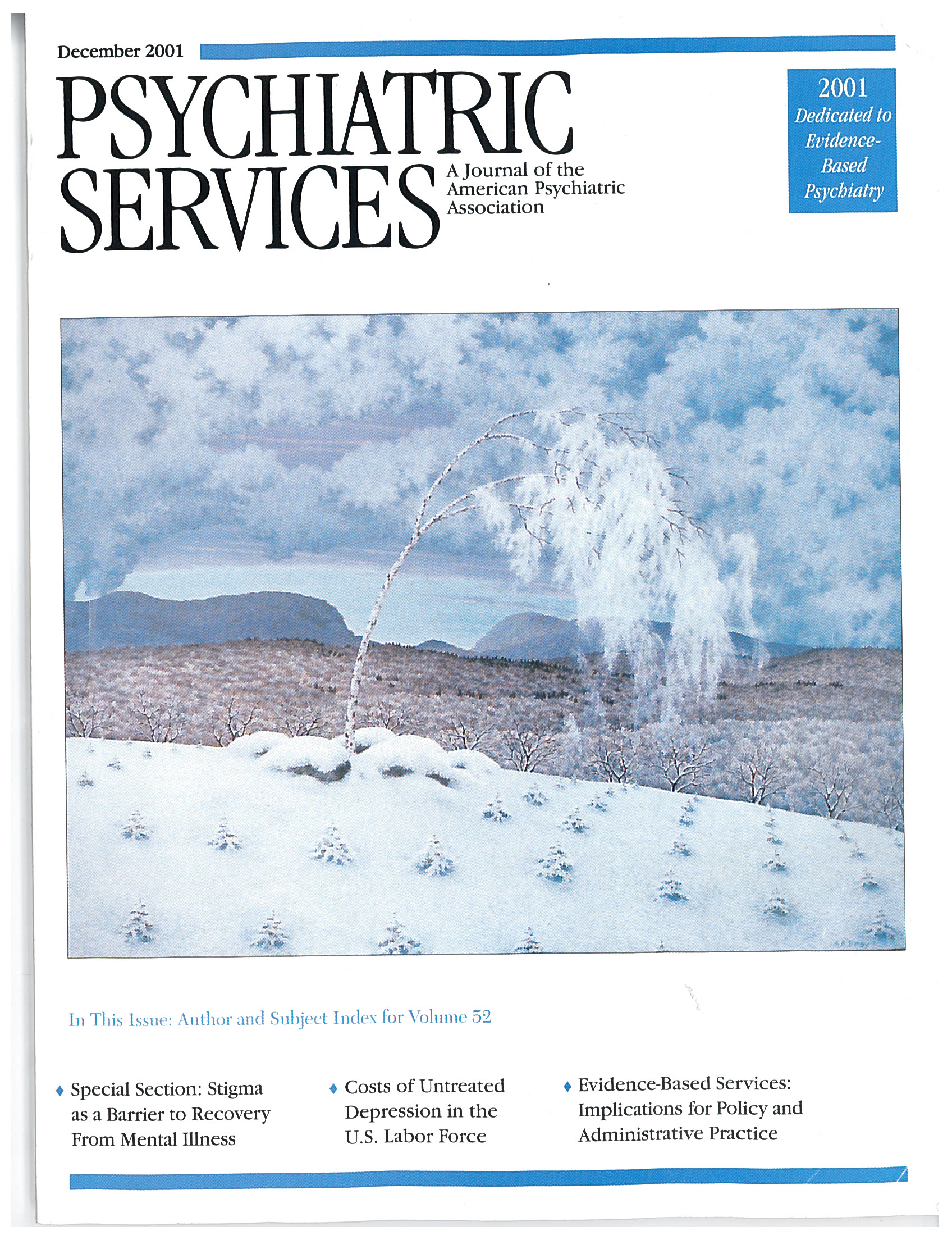Stigma as a Barrier to Recovery: Perceived Stigma and Patient-Rated Severity of Illness as Predictors of Antidepressant Drug Adherence
Abstract
OBJECTIVE: Major depression is undertreated despite the availability of effective treatments. Psychological barriers to treatment, such as perceived stigma and minimization of the need for care, may be important obstacles to adherence to the pharmacologic treatment of major depression. The authors examined the impact of barriers that were present at the initiation of antidepressant drug therapy on medication adherence in a mixed-age sample of outpatients with major depression. METHODS: A two-stage sampling design was used to identify adults with a diagnosis of major depressive disorder, as determined by the Structured Clinical Interview for Diagnosis, who sought mental health treatment at outpatient clinics. Additional instruments were administered to 134 newly admitted adults who had been taking a prescribed antidepressant medication for at least a week to assess perceived stigma, self-rated severity of illness, and views about treatment. The patients were reinterviewed three months later and were classified as adherent or nonadherent on the basis of self-reported estimates of the number and frequency of missed doses. RESULTS: Medication adherence was associated with lower perceived stigma, higher self-rated severity of illness, age over 60 years, and absence of personality pathology. No other characteristics of treatment or illness were significantly related to medication adherence. CONCLUSIONS: Perceived stigma associated with mental illness and individuals' views about the illness play an important role in adherence to treatment for depression. Clinicians' attention to psychological barriers early in treatment may improve medication adherence and ultimately affect the course of illness.



